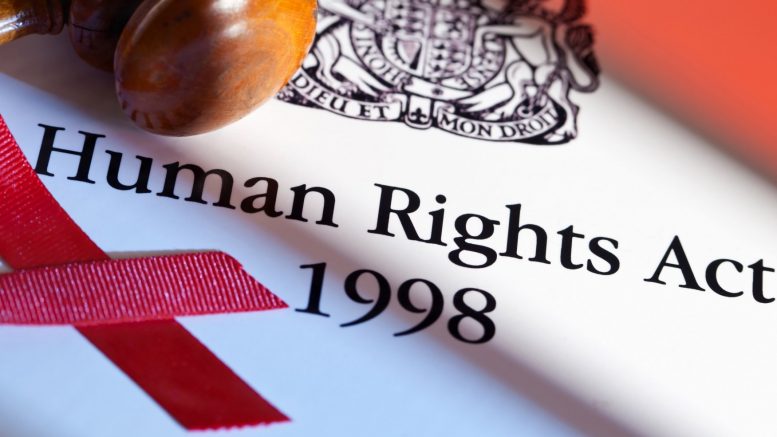When assisting in the completion of Court paperwork, the one question most landlords struggle with is if there are any Human Rights issues. Most landlords would not be aware of whether there were any issues, so it is not surprising they are unsure of what to answer.
To clarify; Article 8 of the Human Rights Act states that: ‘Everyone has the right to respect for his private and family life, his home and his correspondence and there shall be no interference by a public authority with the exercise of this right except such as is in accordance with the law and is necessary in a democratic society in the interests of national security, public safety or the economic well-being of the country, for the prevention of disorder or crime, for the protection of health or morals, or for the protection of the rights and freedoms of others’.
Ticking ‘no’ has always seemed the appropriate answer and, thanks to a recent court case, it appears that this will continue to be the correct answer.
The case in question was McDonald v McDonald. The McDonald parents rented a property they owned to their daughter. She had a learning disability and having been evicted from social housing her parents purchased the property to give her a home.
To do this they had to obtain a mortgage from Capital Home Loans. Unfortunately, the McDonalds neglected to advise the company that:
- They were letting the property to someone dependent on benefits
- They were letting the property to a close family member.
Capital Home Loans served notice on the parents for possession of the property and at the expiry of the notice, issued possession proceedings.
At the first hearing, in December 2012, Mrs. McDonald claimed that possession of the property would violate her rights under Article 8 and that the proportionality of the claim should be considered. It is interesting to speculate which of the family suggested she should try this tack, but the Judge held that the Court did not need to consider this aspect as the person seeking possession was not a public authority – had the possession claim been sought by a public authority, then the Court would have a responsibility to consider proportionality. However, he gave her leave to appeal and of course, she did.
The case went to the Court of Appeal, where the case was dismissed. Ms. McDonald was not going down without a fight and the case, over 3 years later, went to the Supreme Court in June 2016. They ruled that the Court is not required to consider proportionality because the parties involved were a private sector landlord and a tenant.
Had the claim succeeded, it would have opened the door for every tenant to make similar claims. Taking a eviction claim through the full process, of notice, court application and sometimes, finally, to the Bailiff’s Warrant, is complicated and stressful enough; to think a tenant could make an argument that brings in Human Rights is a nightmare no private sector landlord should have to face.
For advice on buy to let issues – General Knowledge









Be the first to comment on "The Human Rights Act 1998"